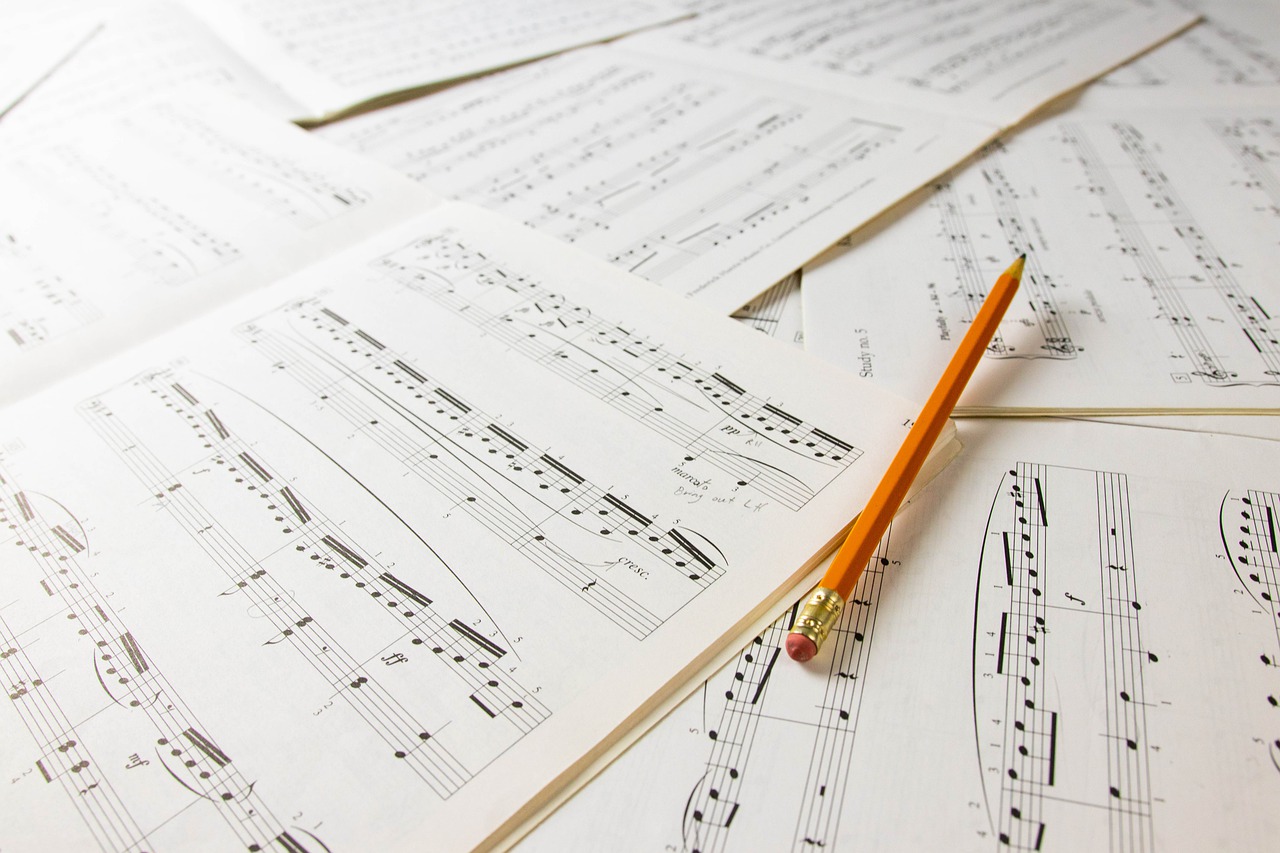Many schools in the United States have music clubs for students to learn and play various musical instruments. These clubs are usually run by a music teacher or volunteer who is familiar with the instrument and can teach the students how to play it. Music clubs are seen as a great way for children to explore their talents, while also having fun.
Some schools have an instrumental music program where students learn how to play different instruments. This is beneficial because it helps them develop their musical abilities and teaches them about different types of music that they may not be exposed to otherwise. Students who study music in school tend to be more successful academically than those who don’t, as well as being more creative and open minded.
These days, clubs and organizations in school are easily managed, thanks to tools like club software by Campai (vereinssoftware by Campai). These tools help coordinators and organizers manage the club effectively.
The Role of Music Clubs in Schools
Music clubs in schools are a great way to get children interested in music and to provide them with an opportunity to learn about it. They teach kids how to read music, and how to play instruments, and they give them the chance to perform for their peers.
There are a lot of benefits of instrumental music, not only for the children who participate in the clubs but also for their classmates. It provides an opportunity for students to interact with each other, it teaches them about different cultures and it improves their math skills.
Students who study music appreciation will have a better understanding of how sound affects people emotionally and intellectually, which is important for those who want careers in fields such as medicine or law.
Read also: 2022 Best Music Apps for Free
How to Start a Music Club at School?
If you’re interested in starting a music club at school, here are some tips on how to get started:
- Find other students who share your love for music and have similar interests.
- Identify a teacher or staff member who is willing to be your advisor and help you establish the club.
- Research clubs at other schools in your area and see what they do to make their clubs successful.
- Write up a mission statement for the club, including what you hope to accomplish as well as any rules or guidelines that members should follow.
- Decide on a name for the club and create an emblem or logo with it (you can use something like Canva).
- Create flyers, posters, and other promotional material to advertise your club.
- After you have found the appropriate space and materials for the club, start early!
- Be persistent and patient during your first few meetings to get members out of their comfort zone.
- Make a list of songs that you would like to teach and create a learning plan for each song.
- Get approval from your teacher or administrator to start the club (likely this will happen through the school’s Student Advisory Committee)
Conclusion: Music clubs in schools
The benefits of starting a music club in school are numerous. Music clubs provide students with an opportunity to explore their creativity and develop their skills, which can lead to increased self-confidence and better grades. They also provide a common area for kids to congregate, which can reduce stress and increase social connections.

